#Epoxy flooring in Indore
Transform manufacturing and commercial interiors in Indore with Sunanda’s high-performance Epoxy Flooring Systems
16 National Offices
5 International Offices
45+ Years in the Industry
5% Annual Revenue Invested in R&D
Book a free consultation with our epoxy flooring experts.
Leakage Problem Solutions We Offer
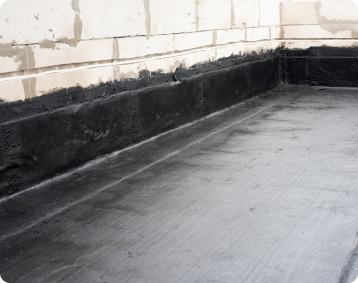
SUNEPOXY SL UNDERLAY
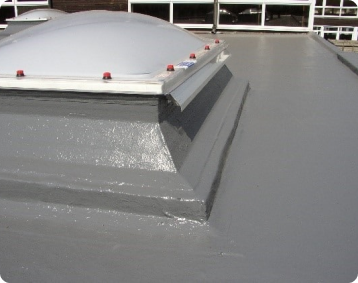
SUNEPOXY AS
Created to control static discharge and microbial contamination, maintaining sterile and safe work zones.
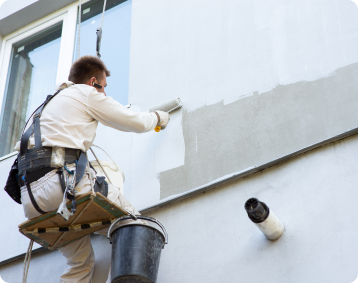
SUNEPOXY EI
Built for insulating efficiency, preventing current leakage and ensuring high safety margins for electrical equipment.

SUNEPOXY FLR HB
Combines waterproof composition and strength, ideal for food processing units needing hygiene and endurance.

SUNEPOXY SL TOPCOAT

SUNEPOXY PU
Provides the dual advantage of flexibility and impact strength for large‑scale movement areas.
Key Projects

Key Projects

Key Projects
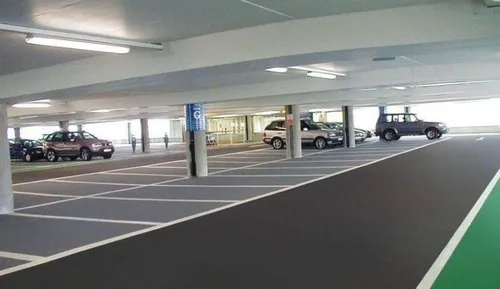
Key Projects
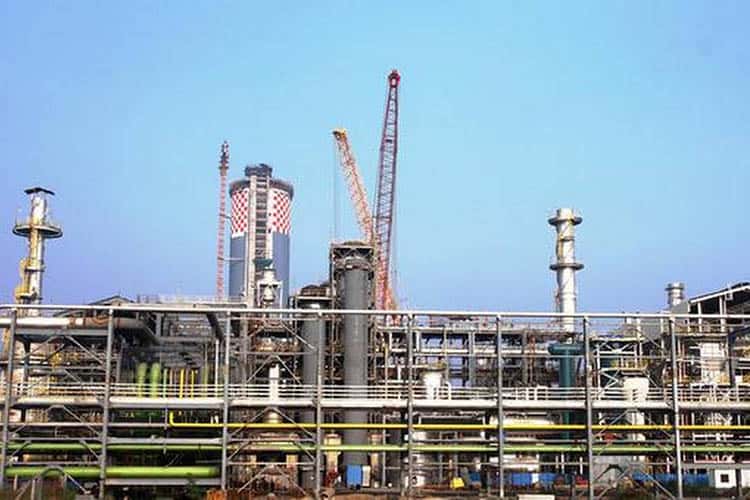
Why Choose Us?
Experienced Professionals
Our crew handles complex epoxy applications for Indore’s commercial and automotive industries, ensuring precision and safety.
Transparent Pricing
We offer transparent, cost‑controlled plans suitable for both large industrial setups and mid‑scale businesses.
45 Years of Experience
Leveraging global experience, we tailor epoxy solutions for Indore’s climatic conditions and industrial diversity.
Proven Track Record
Our installations in Indore’s industrial parks and commercial complexes highlight our reputation for premium execution.
Awards and Recognition
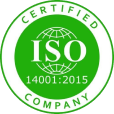
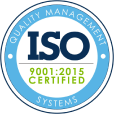

Frequently Asked Questions (FAQ)
Q. Can epoxy flooring improve light reflection and aesthetics in commercial workspaces?
Yes. Epoxy flooring offers a high-gloss, seamless finish that reflects light effectively, brightening up interiors and reducing the need for additional lighting. It’s also available in custom colors and patterns, making it ideal for enhancing the look of offices, showrooms, and retail spaces.
Q. How resistant is epoxy to heat and spillage in food or beverage units?
Epoxy coatings are designed to withstand moderate heat and frequent liquid exposure, including oils, water, and mild acids. For food and beverage plants, chemical- and thermal-resistant epoxy systems ensure long-term performance even under cleaning and hot wash conditions.
Q. What are the most common reasons for epoxy coating failures and how to prevent them?
Failures often occur due to poor surface preparation, moisture in the concrete, or incorrect mixing ratios. To prevent this, professional surface grinding, moisture testing, and expert installation are essential. Sunanda Global follows strict surface prep and application protocols to ensure lasting adhesion and durability.
Q. Can epoxy flooring be applied quickly to avoid production delays?
Yes. Many fast-curing epoxy systems allow installation and curing within 24–48 hours, minimizing downtime. For high-traffic industries, Sunanda Global can plan phased applications to keep production running while floors are upgraded.
Q. How often do epoxy floors need recoating or touch-ups in industrial environments?
Recoating is typically required every 5–8 years, depending on traffic, chemical exposure, and maintenance. Regular cleaning and timely touch-ups of worn areas can extend the lifespan of epoxy flooring well beyond a decade.
 Skip to content
Skip to content

